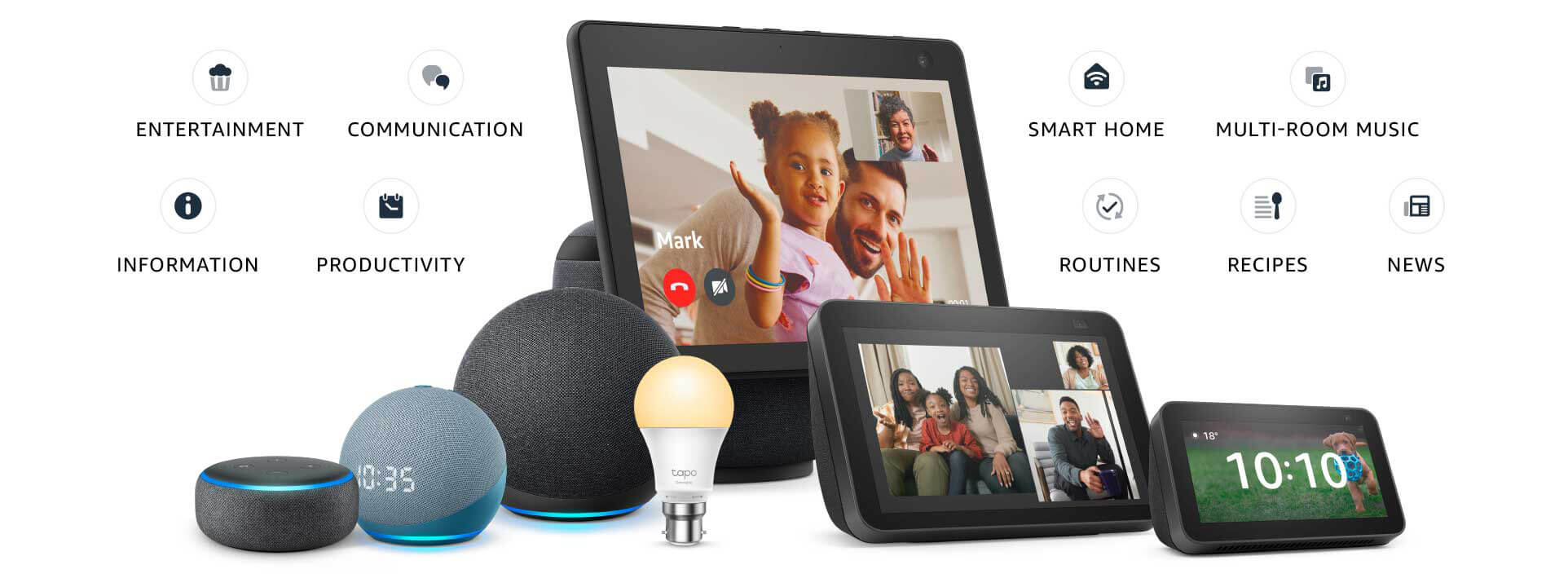Introduction
In the age of smart devices, concerns about privacy and data security have become increasingly prevalent. One device that has faced its fair share of scrutiny is the Amazon Echo, a popular smart speaker powered by the virtual assistant, Alexa. In this article, we will address the commonly asked question: Does Amazon Echo listen to conversations? We will explore the technology behind the device, shed light on privacy measures, and debunk some of the myths surrounding its capabilities.
Understanding How Amazon Echo Works
To determine whether Amazon Echo listens to conversations, it’s crucial to understand how the device operates. The Echo consists of a microphone array that is continuously active, waiting for its wake word, typically “Alexa,” to initiate a voice command. Until the wake word is detected, the device records and stores a small amount of audio locally, which is then overwritten as new audio is recorded. This local processing ensures that Alexa doesn’t send everything it hears to the cloud.
The Wake Word and Privacy
Concerns arise from the notion that the device is constantly listening, waiting for the wake word to activate. While the Echo is indeed designed to listen, it only records and transmits audio after detecting the wake word. The device must recognize the specific wake word to begin processing and executing voice commands. Without this specific trigger, the audio remains localized and is not sent to Amazon’s servers.

Privacy Measures in Place
To protect user privacy, Amazon has implemented a range of security measures for the Echo. Users have control over their data through the Alexa app, where they can review and delete voice recordings. Additionally, users can mute the device’s microphone to ensure it’s not actively listening. These features provide users with transparency and control over their recorded data.
The Encryption of Data
Another important aspect of privacy is the encryption of data during transmission. Amazon Echo uses Transport Layer Security (TLS) to encrypt data while it is being sent to the cloud. This encryption ensures that any information transmitted from the device to the servers is protected from unauthorized access.
Third-Party Skills and Data Access
Amazon Echo’s capabilities can be expanded through third-party skills, which are voice-activated apps that enhance the device’s functionality. While these skills provide additional features, they are required to adhere to Amazon’s policies regarding user privacy and data security. Skill developers cannot access or collect personal user information without explicit consent.
False Positives and Context Sensitivity
Sometimes, the Echo may mistakenly detect the wake word and start recording when it wasn’t intended to do so. These false positives have led to concerns about Amazon eavesdropping on conversations. However, it’s important to note that such instances are rare, and the Echo generally requires a clear and deliberate wake word before it activates.
Context sensitivity is another crucial factor to consider. The Echo processes voice commands and searches for relevant information, but it doesn’t actively engage in ongoing conversations without being triggered by the wake word. Its primary purpose is to provide information and perform tasks based on user commands, ensuring that privacy is maintained.

Government Requests for User Data
Privacy concerns also extend to government requests for user data. It is worth noting that Amazon, like other technology companies, may be required to comply with lawful requests for data. However, the company has been transparent in publishing its policies regarding data requests and ensuring that user privacy is upheld to the extent possible within legal boundaries.
Conclusion
The idea that Amazon Echo listens to conversations without consent is a common misconception. While the device is always listening for its wake word, it only starts recording and transmitting audio after the wake word is detected. Amazon has implemented privacy measures such as local audio processing, user control over data, encryption, and skill policies to protect user privacy. Instances of false positives and context sensitivity are rare, and the Echo’s purpose remains focused on delivering personalized assistance based on user commands.
As technology continues to evolve, it is important to stay informed about privacy practices and be proactive in understanding the capabilities and limitations of smart devices like the Amazon Echo. By leveraging the benefits of these technologies while maintaining a vigilant approach to privacy, users can strike a balance between convenience and data security in the digital age.





